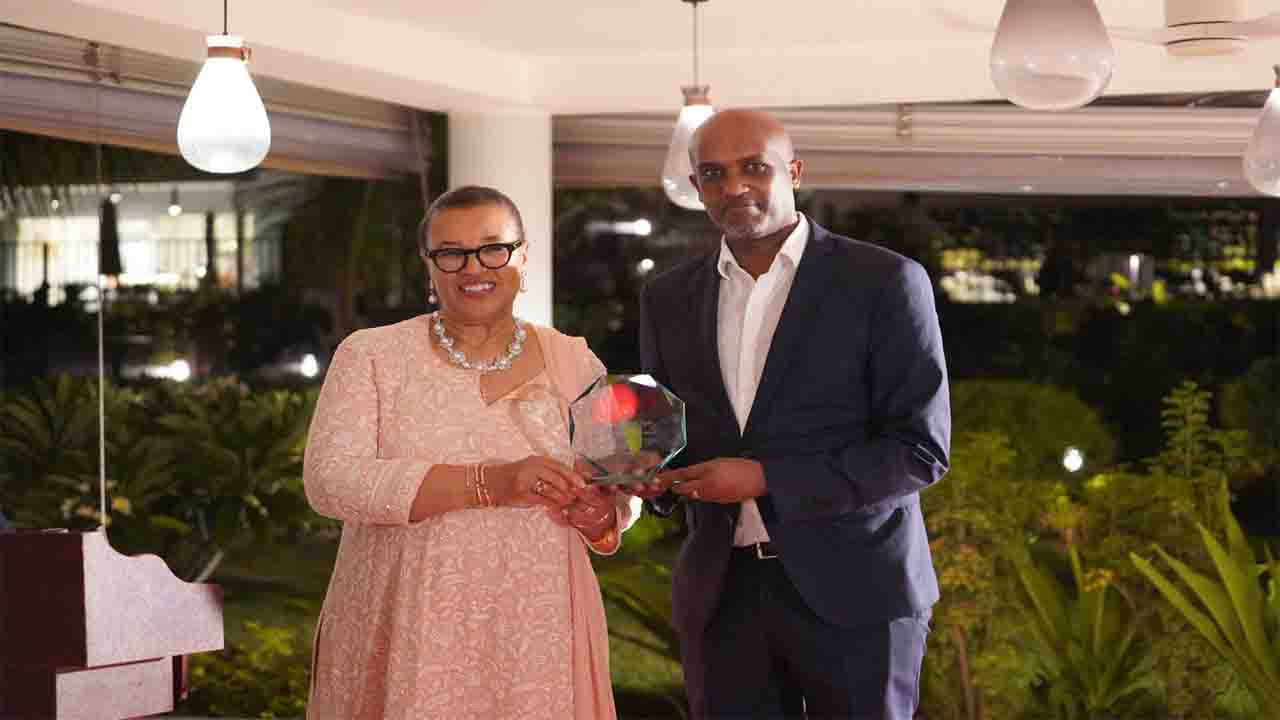Canada (Commonwealth Union) – Persons with rare diseases continue to face more challenges than others. Often the lack of funding for research and in many instances lack information leads to misdiagnosis. However, with greater awareness on rare diseases and improvement in technology and analytical tools, new hope remains.
Ebrahim Aldalati, who migrated to Canada from Syria as a refugee grew up like a normal kid but that all changed at the age of 2. His family began to notice that his left leg was not working, where he was able to straighten it, but not bend it. Things worsened for Aldalati every year with trouble moving his knees, elbows and hips. He also got sick with colds infections and sore throats, which prompted his parents to run several tests.
At BC Children’s hospital, Ebrahim, had a full orthopedic evaluation, with supervision of Dr. Anthony Cooper, a pediatric orthopedic surgeon and clinical associate professor in the University of British Columbia (UBC) department of orthopedics. Dr. Cooper arranged many surgeries for Ebrahim’s legs and back, and instructed him to get genetic testing. But in 2018, he was diagnosed with cancer.
“From the beginning, I had a suspicion that all these things could be related,” said Dr. Sylvia Cheng, pediatric oncologist and clinical assistant professor in pediatrics. “Ebrahim had an atypical lymphoma that was quite difficult to diagnose. We spent a lot of time considering it carefully, which also triggered that question again about the possibility of a genetic cause.”
When, the genetic test results returned, Ebrahim’s results indicated a change in his NFATC2 gene, which produces the protein NFAT1. NFAT1 is vital for determining immune system cells functioning procedure and affecting the growth of cartilage cells.
Identifying Ebrahim’s condition has provided valuable details for researchers, but there is currently no treatment. Researchers however hold optimism that precision health and new technologies may help.
“I would be really happy to know that what I’ve gone through can help someone else like me get their answer much faster, maybe even figure out a treatment,” said Ebrahim.











